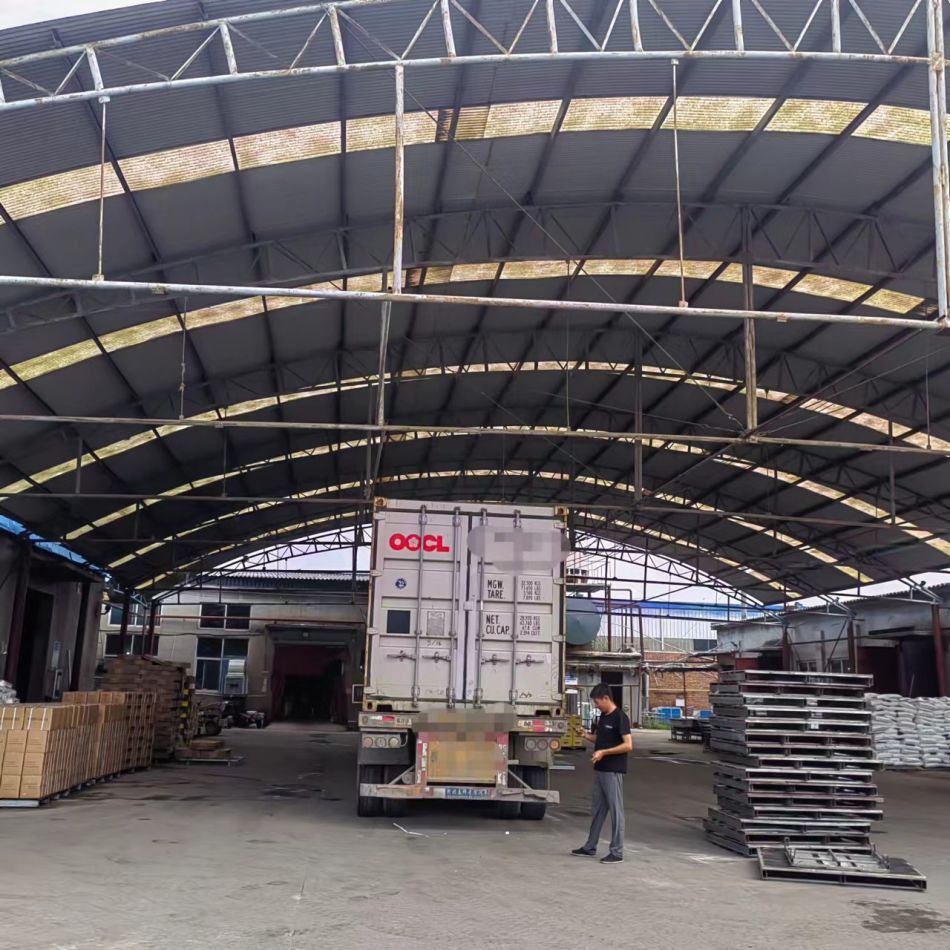The dangerous situation in the Red Sea has a significant impact on candle exports, as follows:
Firstly, the Red Sea is a crucial shipping route, and any crisis in this region can lead to delays or rerouting of ships carrying candles. This prolongs the transportation time for candles, affecting the delivery schedules of exporters. Exporters may incur additional storage costs or face the risk of breaching contracts. Imagine a scenario where a shipment of scented candles, eagerly awaited by retailers for the upcoming holiday season, is held up in the Red Sea due to increased security measures. The delay not only incurs extra costs for storage but also risks losing the lucrative holiday sales window, which could have a detrimental effect on the exporter’s annual revenue.
Secondly, the increased transportation costs due to the Red Sea crisis directly affect the export costs of candles. With the rise in shipping fees, exporters may have to increase their product prices to maintain profitability, which could impact the competitiveness of candles in the international market. Consider a small family-owned candle business that has been exporting its artisanal candles to overseas markets. The sudden hike in shipping costs could force them to raise their prices, potentially making their products less attractive to budget-conscious consumers and leading to a decrease in sales.
Furthermore, the crisis may cause uncertainty in the supply chain, making it more challenging for candle exporters to plan production and logistics. Exporters may need to find alternative transportation routes or suppliers, increasing management costs and complexity. Picture a scenario where a candle exporter, who has relied on a specific shipping line for years, is now forced to navigate a web of new logistics options. This requires additional research, negotiation with new carriers, and a potential overhaul of the existing supply chain, all of which demand time and resources that could otherwise be invested in product development or marketing.
Lastly, if the transportation issues caused by the Red Sea crisis persist, candle exporters may need to consider long-term strategies, such as building a more flexible supply chain or establishing inventories closer to target markets to reduce dependence on a single shipping route. This could involve setting up regional warehouses or partnering with local distributors, which would require a significant upfront investment but could pay off in the long run by providing a buffer against future disruptions.
In summary, the dangerous situation in the Red Sea affects candle exports by increasing transportation costs and time and impacting supply chain stability. Exporters need to closely monitor the situation and take appropriate measures to mitigate the impact of the crisis on their business. This might include reassessing their logistics strategies, exploring alternative routes, and possibly investing in supply chain resilience to ensure that their products can reach customers despite the challenges posed by the Red Sea crisis.
Post time: Aug-23-2024
